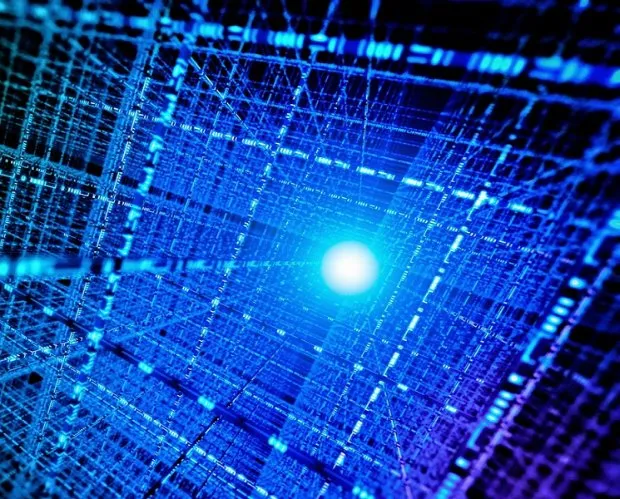
Today, an unnoticed, and unspoken cold war rages across the planet earth, and it threatens to destroy the blockchains blossoming and growing everyday. The effects of the New Cold War, will be far-reaching and widespread, however it is arguable that no area will feel those effects more acutely than in the world of cryptocurrency.
I'm referring of course, to the race to be the first corporation or nation to build the first functioning quantum computer.
Quantum computing theory has been around for almost 40 years; however it is widely accepted that it is at this point in the human epoch, that we are closer than ever before
A Small Point For Moore's Law
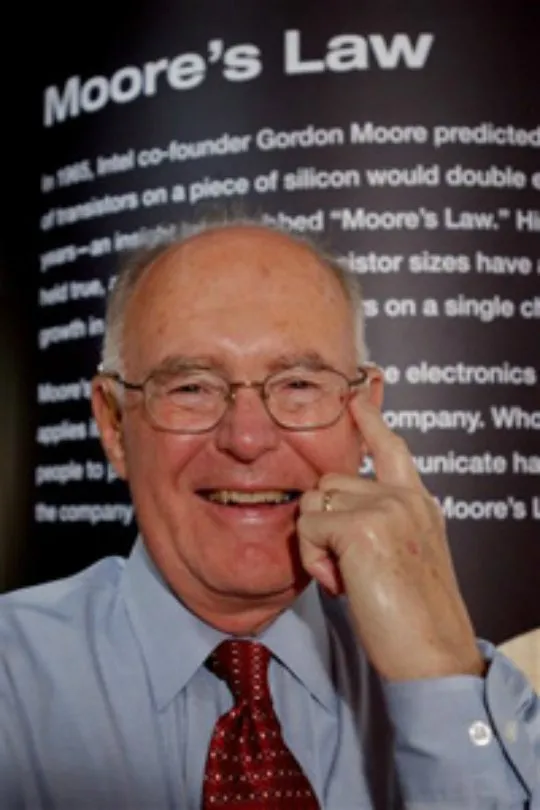
For those of you who aren't aware, Moore's Law is a "natural" function which beautifully describes the nature of computers, and allows us to predict the future potential of computation.
It was first discovered by an Intel executive, Gordon Moore, in 1965, Moore noted that the size of transistors on a circuit board within a computer, would half every year, meaning the power of computers would double as they got smaller. This was later adjusted to 2 years, and then again to 18 months.
As it stands, the space between the two plates of a transistor, is so small, you can fit around 27 lithium (Li) atoms side by side, in that space. A transistor is essentially a switch, and a switch is only useful if you can turn it off, otherwise it's merely a connection.
Once we get to around 14 Li atoms side by side, the quantum uncertainty principle comes into play, and we can no longer accurately predict where an electron will be. In other words, we won't be able to reliably turn off the switch.
All this means is that we are now at the atomic level in conventional computing, and clearly Moore's law, is coming to an end. Once we hit that theoretical wall, where will tomorrow's more powerful, faster computers come from?
Cracking The Quantum Code
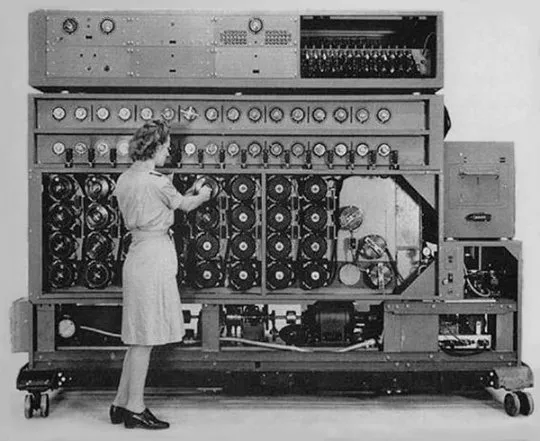
When German engineer, Arthur Scherbius invented the Enigma machine just after the end of the first world war. He set in motion a decades long dance, between the cryptographer and the hacker, each one trying to stay ahead of the other.
Indeed the story of how the Enigma code was broken by the British at Bletchley, perfectly illustrates the simplicity of that dance perfectly. The people who make the code attempt to design it so that it's unbreakable, the hackers try to break it.
These days we use encryption for a vast range of applications, from sending secure emails, to keeping money in our bank accounts. Much of this encryption uses techniques which would take a normal computer an NP amount of time to solve. In other words, several times the age of the universe.
One such popular way, is integer factorisation, so taking two whole numbers and factoring them together, and so only the person with the two (prime) numbers can open the "lock".
So for example the factor for 15 is 5 and 3, because 5x3 = 15.
However what'two prime numbers go together to factor 78983? Or how about a number that is 256 digits long?
Whilst a conventional computer might take several times the age of the universe working that one out, a quantum computer would solve it in seconds.
So the question is; as blockchain enthusiasts, should we be worried?
Seeing The Quantum Light On The Blockchain
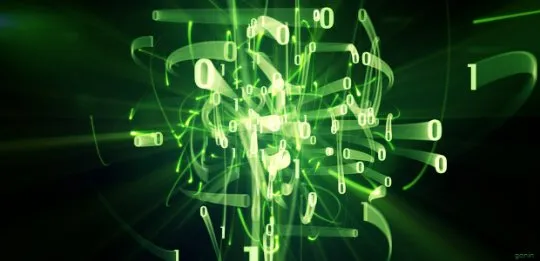
A couple of months ago, in May 2017; The Russian Quantum Center, made an announcement that went largely unnoticed by the world at large, and also by advocates of blockchain technology.
It is hard to know now, exactly how important this announcement was, as regards to safeguarding future blockchains. However early indications suggest that it may turn out to be one of the most, if not, the most important discoveries ever, relating to blockchains.
The Russia Center announced that it had worked out a way to encrypt the blockchain using QKD (Quantum Key Distribution). This is a method which uses entangled photons of light to pass on information between two or more sources.
Whilst that may sound far-fetched and futuristic, bear in mind, that there are QKD systems in place today. These systems are mainly used by banks, and financial exchanges; though as you'd imagine QKDs have governmental and militaristic applications as well.
Essentially QKD uses the quantum uncertainty principle to excellent use, as it is impossible to know the "spin" of a photon without first measuring it, and once spin is known, the polarisation of the photon is destroyed. In the same way that you can measure its polarisation, however then collapsing the spin state.
Therefore, only the holders of the key, can ever know what state their photons should be in, and any third-party attacks, wil eventually be exposed.
The problem is, there is no way of corroborating what the Russian Center claim, seeing as we don't have a working quantum computer to test their claims.
The Silent War Continues
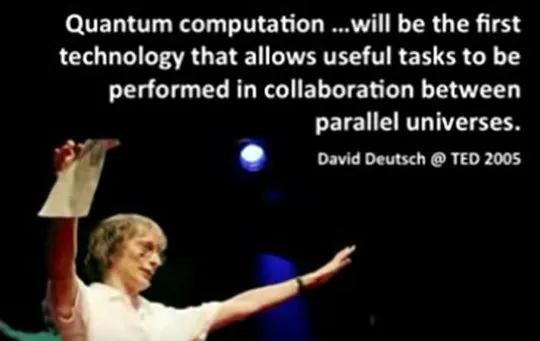
What is fascinating about the quantum conflict, is that it is one that is being played out in universities, scientific research centres, and government labs all over the world. Whether you are the United States, or North Korea, you are trying to develop a quantum computer, because you realise the power you will gain by being able to crack practically any code on earth.
The only thing that we can hope for, is that the integrity of the blockchain is not compromised with the advent of our new computing age. The blockchain is an immutable ledger, but it can only remain so, if it is unhackable, as a ledger that can be tampered with, is no use to anyone.
At the end of the day, we must hope that quantum computing, also gives rise to the quantum blockchain, as then we can truly say that; cryptocurrency is the future.
Sources/Further Reading
Russian Quantum Center Develops Quantum Blockchain
Quantum Key Distribution Overview
What Is Quantum Computing?
WERE YOU AWARE OF THE POTENTIAL POWER OF QUANTUM COMPUTING? HOW DO YOU THINK IT WILL AFFECT BLOCKCHAIN TECHNOLOGIES? AS EVER, LET ME KNOW BELOW!